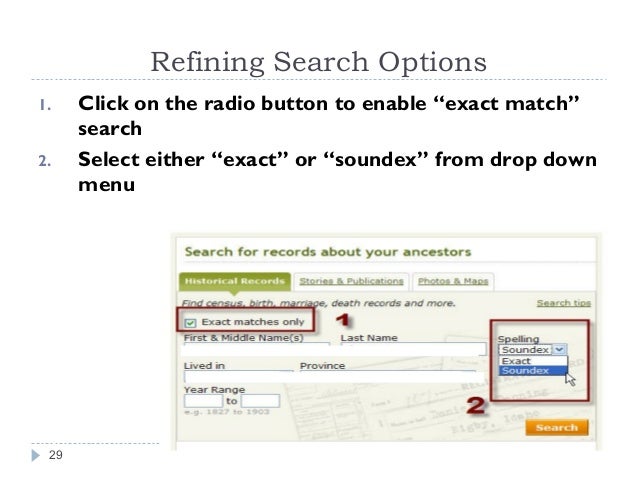Do you use soundex?
*crickets chirping*
If utter silence and some amount of confusion were your reaction when you read that, you’re not alone. Many people who are interested in learning more about their family tree may be missing out on one small search tool that could help in big ways: namely, soundex.
What, exactly, IS soundex?
According to the fine folks at Wikipedia, soundex is:
a phonetic algorithm for indexing names by sound, as pronounced in English. The goal is for homophones to be encoded to the same representation so that they can be matched despite minor differences in spelling.
Are you scratching your head again? Let’s try and explain it using an example:
You’re talking with your mom about the family tree, and you’re hoping to find out more about your great-grandmother, Sara Johnson.
But wait.
Is it Sarah or Sara? Johnson, Johnsen, Jonnsen, or maybe even Johansen?
You could type in and search for each and every one of those combinations.
Or, you could click the little box in the search feature you happen to be using that says “soundex” and let a computer do the work in a fraction of the time.

In other words, soundex allows a search to consider similar-sounding names and return a list of multiple possibilities. Even if you know exactly how your relative’s name is spelled, there’s always the chance that the indexer or the census taker did not.
Now, you’ll notice that using soundex will sometimes return many more results than an exact search. If you’re short on time, you may want to start with an exact search and use the soundex feature when you have more time (and patience ☺) for sorting through the list. You can use any other identifying information you have, such as birth year or marriage date, to filter the results more precisely.
Soundex: the tool in your toolbox you never even knew you had.



